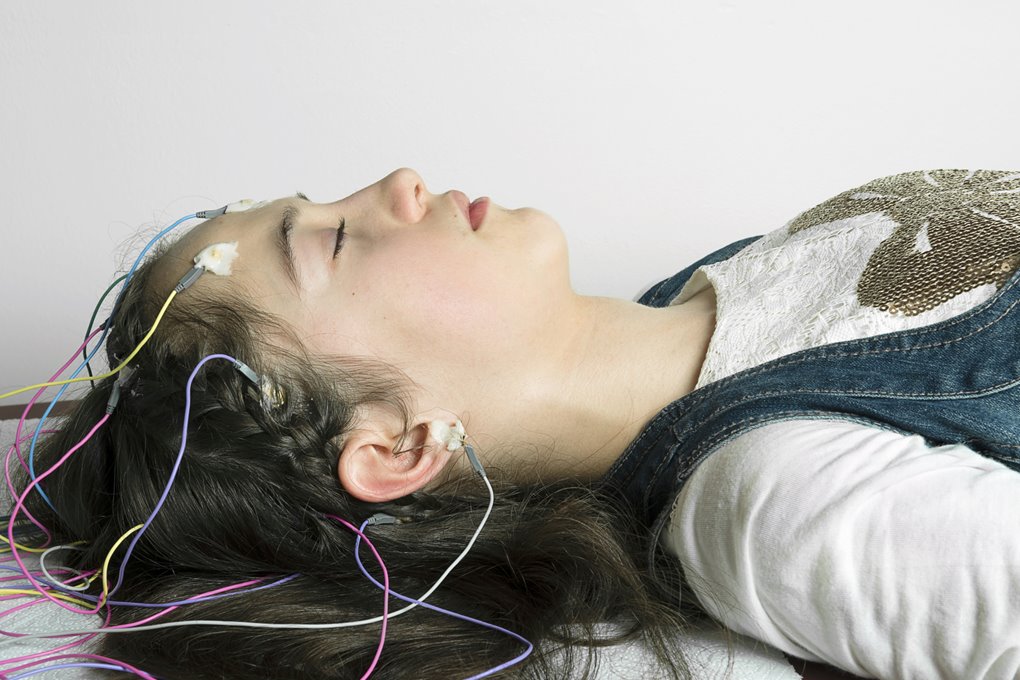Pulmonary hypertension is a disease that can kill. It is known to have an affect on the arteries that connect the heart through to the lungs. These particular blood vessels will gradually become smaller. This means that blood pressure will increase. As a result, this will cause more stress and problems to the blood vessels. The harm caused by this is unable to be reversed. However, the condition is able to be managed well if the right treatment is used.
Most people will not even know they have pulmonary hypertension. This is because the symptoms of this condition take their time to develop. The slow development will often lead to other causes in their early stages. Once it has been confirmed an individual has pulmonary hypertension, the symptoms that cause it can often be quite hard to deal with. They can also be very severe.
We will now discuss the most common symptoms of pulmonary hypertension. Not all individuals will get them. However, many will experience most of them as the disease develops.
Fatigue
The correct circulation is very important for the lungs to work well. If the lungs are not getting the right amount of oxygenated blood, then other areas of the body will likely suffer too. This means individuals will be extra tired than usual. They will not be able to do their daily tasks well. Fatigue starts off mildly. Then it will be more severe as the condition develops.
Shortness Of Breath
Shortness of breath is one of the first symptoms someone with pulmonary hypertension will experience. However, this may not be realized at first. This is because it only happens during vigorous activities that give shortness of breath. When the condition continues to develop, normal everyday activities will start to leave individuals with shortness of breath. As this symptom becomes more difficult, individuals may even have difficulty breathing whilst resting.
Blue Lips
Blue lips is a very distinctive symptom. This is also understood to be cyanosis. Cyanosis occurs because there is not as much suitable oxygen in the blood. High blood pressure also makes this happen. As a result, not enough oxygen is getting to every area within the body. Particularly within the lips.
Swelling Of The Legs
Leg swelling is also called edema. This is very common for those with pulmonary hypertension. The high levels of pressure located in the pulmonary arteries will gradually make the blood flow backwards. This will then accumulate in the veins. All of this extra blood will then seep into the nearby tissues. This is what causes swelling to occur. The veins the legs are the farthest away from the heart, which means the legs are likely to experience swelling very easily. The power of gravity must be fought against if blood is to go back to the heart.
Iron Deficiency
This is why some individuals have low levels of iron in their body. Its proper name is anemia. Studies have shown that this can give high blood pressure. It is also a general symptom of the conditions effects.
Irregular Heartbeat And Chest Pain
The pulmonary arteries’ blood pressure will gradually begin to increase. This means that the individual may experience discomfort or chest pain. The muscles of the heart will also work harder than normal. This can cause damage to the muscles. When this happens, individuals may have an irregular heartbeat.
Fainting And Dizziness
These are experienced by many who have pulmonary hypertension. This is because there is a poor circulation of oxygenated blood. Whilst fainting may not occur, individuals have felt fuzzy. They also find it hard to keep focused on the task at hand.
Sourced from: Alot
Photo: Thinkstock



